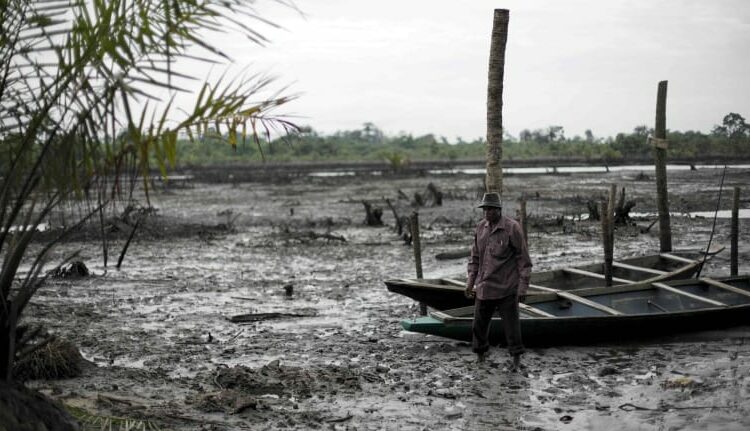An environmental and microbiology expert at the University of Uyo (UNIUYO), Akwa Ibom State, Prof Matthew Ekpo, has expressed concern over the environmental degradation and pollutions caused by the exploratory activities of international oil companies (IOCs) in the Niger Delta region.
According to him, industrial activities by firms have over the years defaced the environment through greenhouse emissions, thereby destroying the natural landscape and microorganisms which, he noted, are agents of environmental regeneration if well harnessed.
He, therefore, made a case for the federal, state and other regulatory authorities to be in the vanguard of putting effective mechanisms in place to save the environment from incessant plodding by firms, especially the IOCs as marine and environmental ecosystems face imminent threat of extinction in spite of their usefulness to humanity.
Prof Ekpo, of the institution’s Department of Microbiology, made the postulation while presenting the 107th in the series of inaugural lectures tagged, “Microbes: The Anonymous Heroes of the Vast Human Race,” held at the 1,000-capacity TETFund Auditorium of the main campus in Nwaniba, Uyo, the state capital.
“Though microorganisms are ubiquitous, many have great potentials to most of our problems,” he noted, advocating for the establishment of a culture collection centre in the university for the storage and availability of many important strains for use in remediation and other scientific researches.
Listing the advantages of microorganisms to humanity, Prof Ekpo explained that active microorganisms could be harnessed for the production of organic fertilizers at the commercial level “to assist in preserving arable agricultural land and reduce the cancerous effect of the use of inorganic fertilizers.”
To safeguard the soil micronutrients, the lecturer made a case that industrialists, manufacturers and oil exploring firms “should be properly regulated with respect to the discharge of wastes into the environment in order to reduce the burden of contamination of the ecosystems.”











